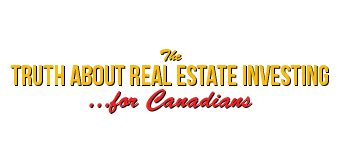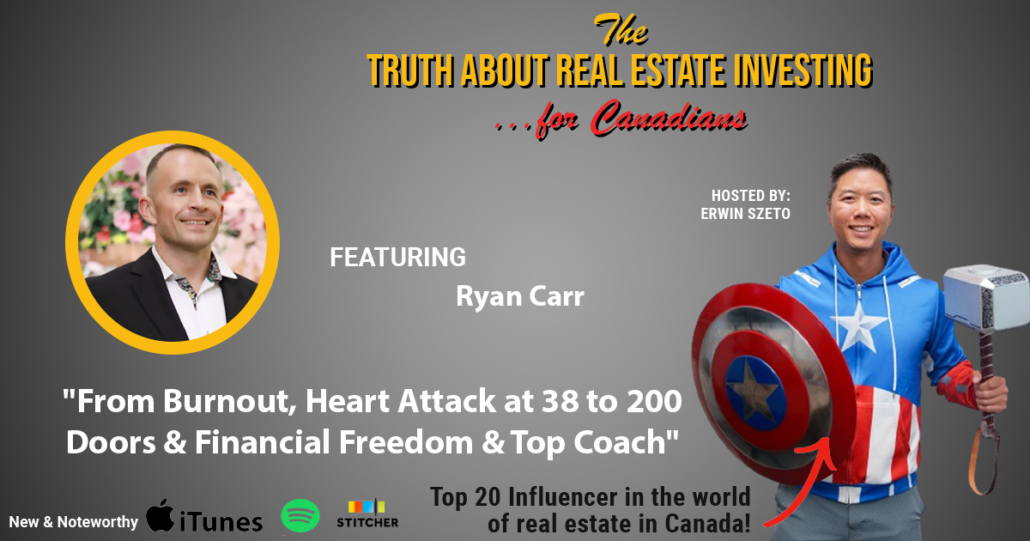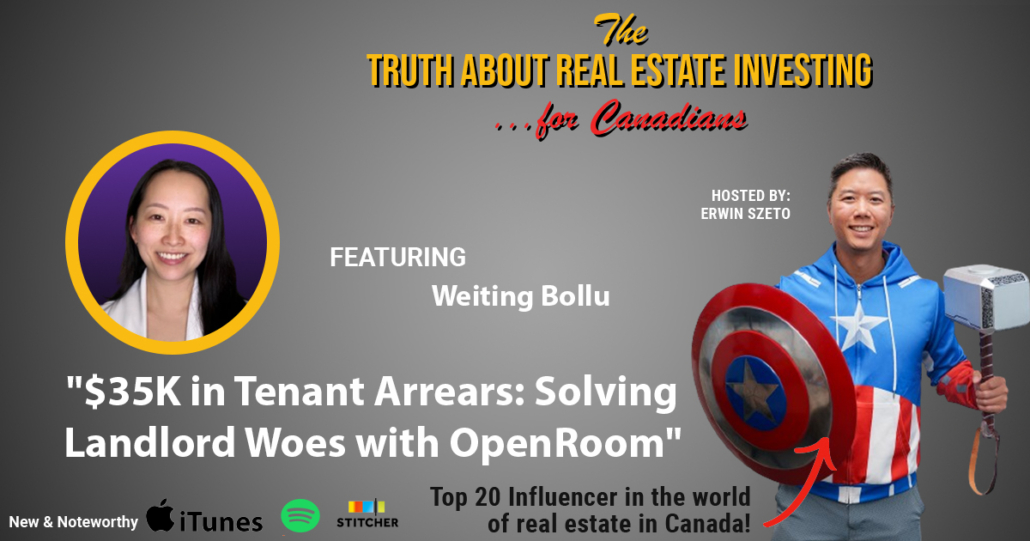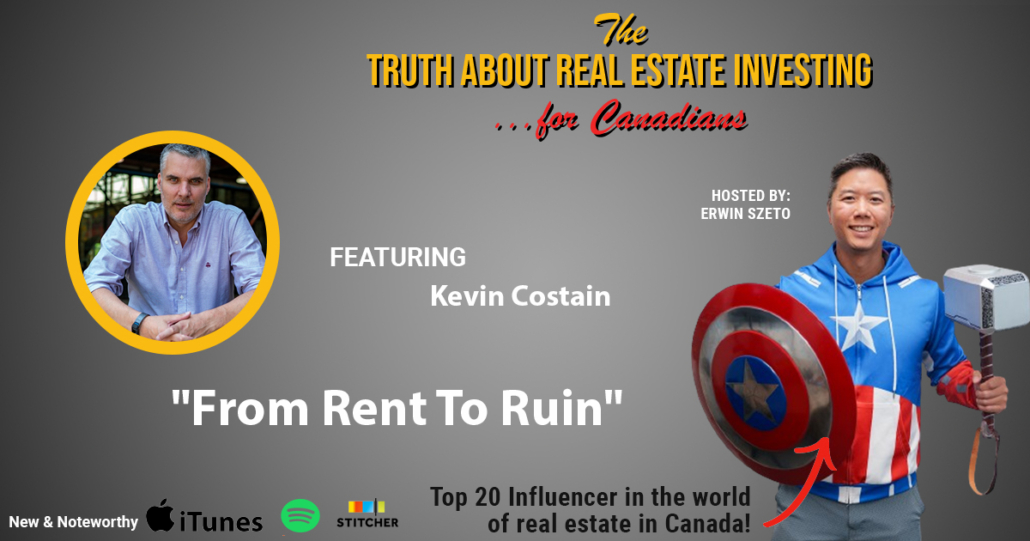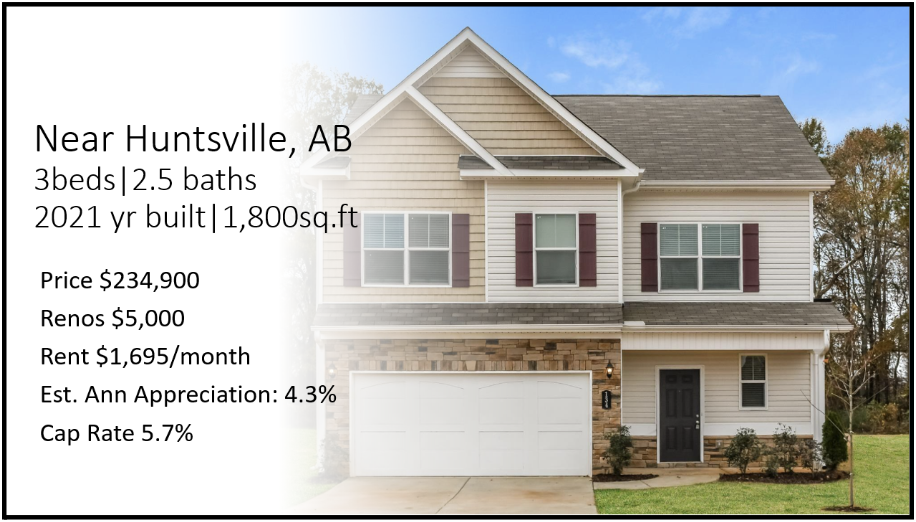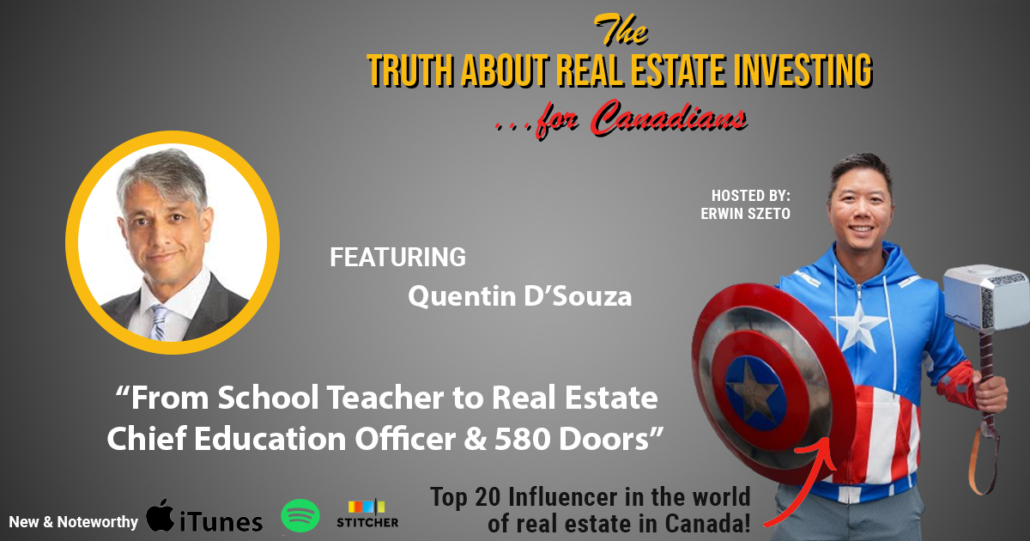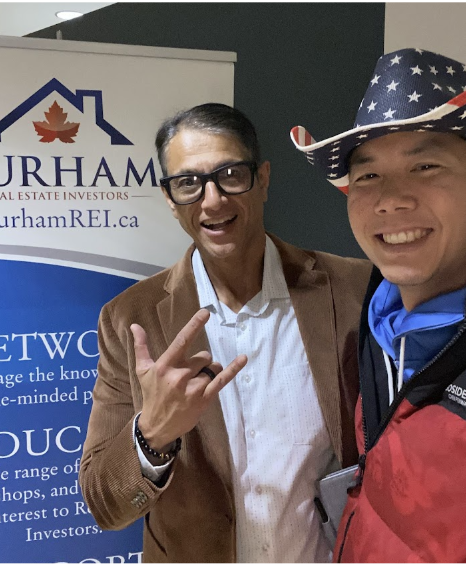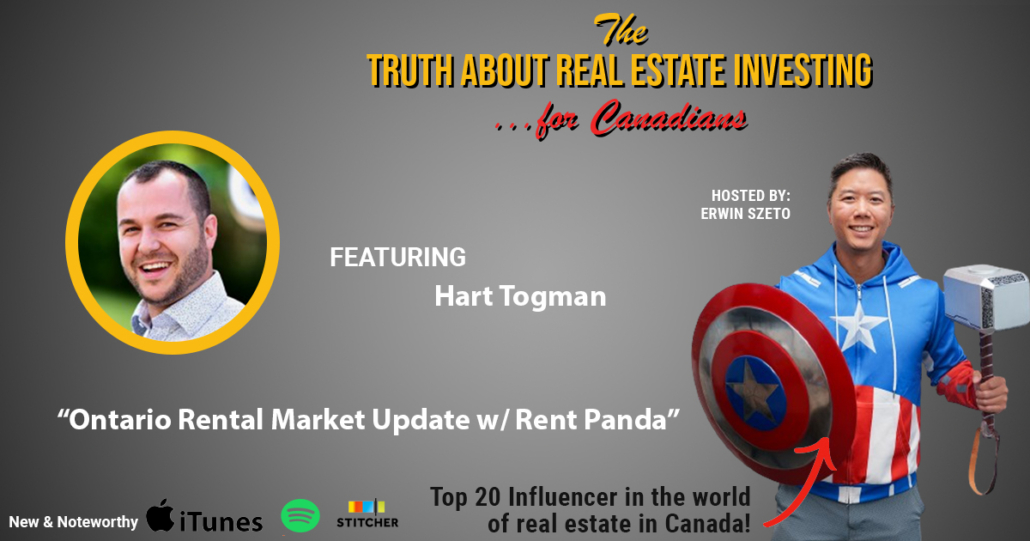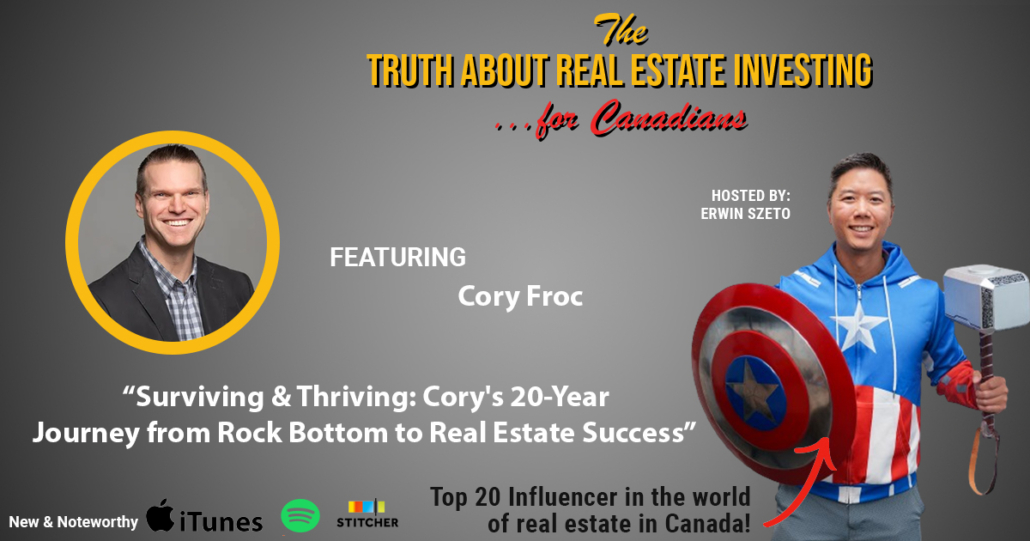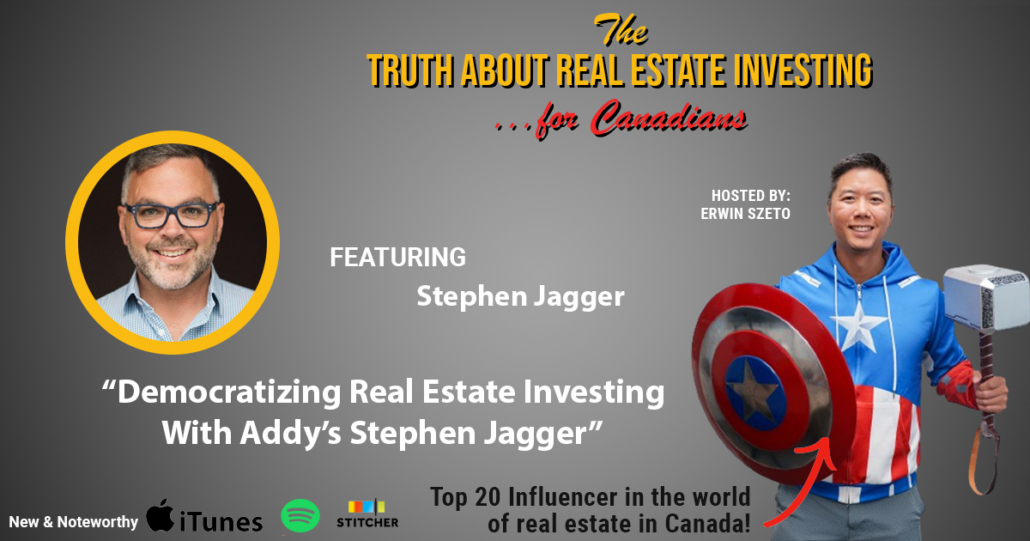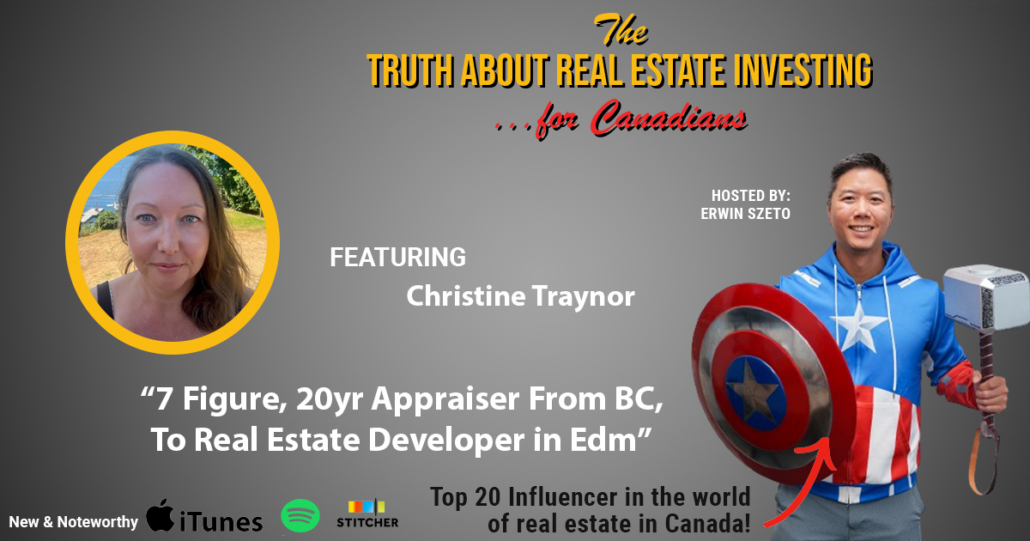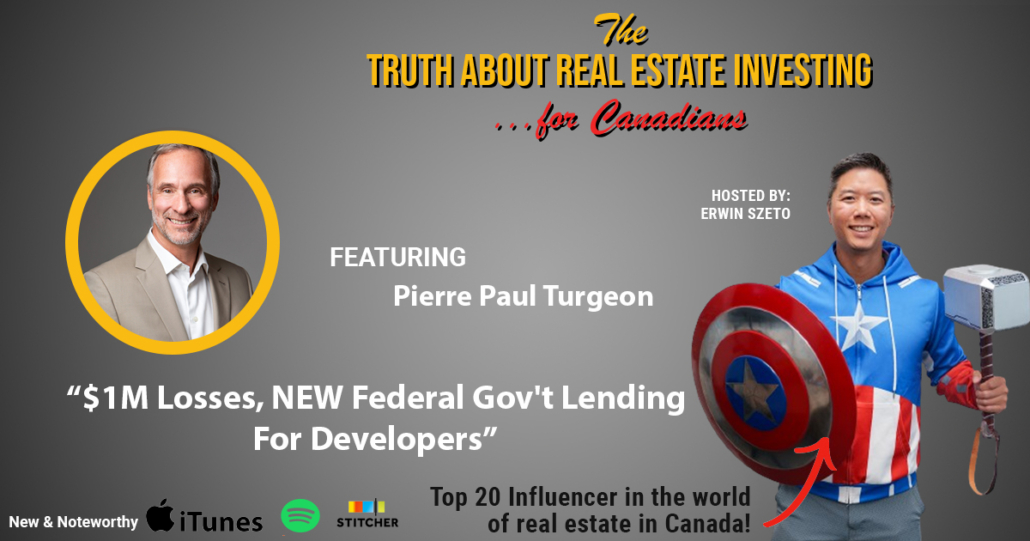Another Trip Around the Sun. The Worst Year for Real Estate in My Experience.
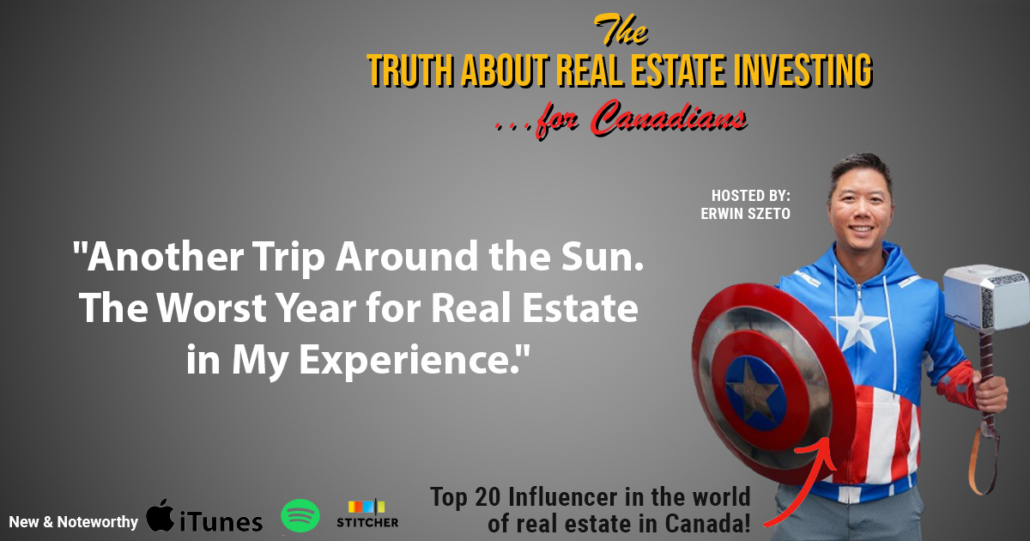
It’s not all bad 🙂
Thank you to everyone who took time out of their busy schedules to wish me a happy birthday. The vast majority of messages came from the real estate investing community, and reading all the comments and seeing the names brought back a lot of memories—many from easier times for real estate investors.

My fellow escape-room-loving, nerdy friends attempted to be among the elite 4% who successfully escape… #FAIL

This mango cake tasted better than it looks
The Problem: The Changing Real Estate Landscape, for the Worse
Since the peak of the market around late 2021 to early 2022, prices have declined while the cost of operating a rental property has continued to rise. Rent control has squeezed landlord incomes, leaving many of my clients and fellow investors struggling. We real estate investors never signed up to backstop inflation for our customers, and not once has anyone said, “Thank you.”
Some of my clients have endured nightmare tenant situations: one tenant owes over $30,000 in rent; another caused $20,000 in damages; and another had terminal health issues, not paying rent, leaving the house in such a disastrous state that it had to be sold as-is. Our client unwittingly became a social service provider overnight, and they’ll never be Ontario landlords again. Why buy and hold a move-in-ready property for ten years only to experience this kind of grief? This is not what my private citizen client signed up for.
In the areas where Ontario where majority of cash flow oriented investors invest like Oshawa, Barrie, Hamilton and Kitchener are well off their peak prices. Duplexes especially. In Hamilton where the majority of my clients and my duplexes are located we’re 20% off peak prices and we’re experiencing low showing volume of our tenanted and vacant duplex listings.
Market rents are coming down on long-term rentals too as international students aren’t coming to Canada in droves any more but our university (not college, we’re not a fan of college student rentals) student rental rents have still climbed slightly, even over last year’s historic increases. I was finally able to get rent PLUS utilities on my McMaster University rental. Those same tenants have already renewed for the following school year. I feel bad for parents of university students as I review rental rates for upcoming listings we have near Brock and Western University at $700 and up per room. (Please let me know if you have anyone looking to buy a student rental near Brock and Western University :). University student rentals are my favourite local investment strategy for both cash flow and limited landlord tenant board risk. From what I see in the local market, student rentals have the most demand from investor buyers.
This is the most buyer advantaged market I’ve seen other than 2008 and early covid but with the Landlord Tenant Board risk and cash flow, rents across the country are declining but not that far off historic highs, so overall housing affordability is still bad on the historic side. So no surprise, I’ve never seen such low local investor buyer interest.
As such, Realtors and full time investors have returned or pursued other careers. My own team of investment focus Realtor/coaches has shrunk, it’s just the original Tim Hong and I now servicing our clients and our clients mainly want to sell which is great us as Realtors, not so great is tenanted properties take a whole lot more effort, lead time and risk management in our experience but we love it. We love seeing our clients take profits, take a load off their shoulders and enjoy themselves, usually it’s travelling to exotic locations.
It’s challenging but such rewarding work.
For months, we where taking calls from pre and construction condo investors but unless they wanted to take massive losses, in some case 20% or more of their purchase price as there is six months of condo supply downtown Toronto. That’s what’s on market and can be tracked. I’ve been in the Facebook groups for private assignment sales and there are endless private listings there as well.
Condos have always gone against my investment philosophy. Land is a hard asset as it is finite, no one is making more of it vs. condos are in the sky and there’s plenty of space above land to many, many condos.
Generally condo investors have no choice to hold, rent it out, negative cash flow a thousand or two each condo and pray the market recovers in two or three years. I feel bad for new condo investors and at the same time, grateful our strategy of buying on land real estate for value and cash flow has worked.
The Guide: What Smart Investors Are Doing Instead
In my nearly 14-year career coaching clients in real estate, I have never seen challenges like these. Thankfully, our clients have fared much better than most, as they’ve renovated smartly to optimize cash flow. Nearly all of our clients own houses with basement apartments, student rentals, or small multi-family properties.
Rents are as good as they get in Ontario, which means our clients can weather this storm better than most.
I won’t sugarcoat it—this past year has been tough for landlords, Realtors, mortgage brokers, variable-rate mortgage holders, and even tenants, as affordability is at historic lows. My family and I included.
There is bad news is all over social media, many friends from the community send me the dirt on the furus: a word mash up of fake guru and these furus have made the national news: bad operators brokering shady deals, borrowing through promissory notes, accusations of Ponzi schemes, Securities Code violations and these same furus send legal threats against anyone who dares to share the truth. I’ve received several threats and you can guess by who.
Some of these furus are still licensed and practicing which boggles my mind. Others have fled the country and white collar crime goes mostly unpunished so I don’t expect any justice.
For anyone interested in Exposing Fraud & Failures in Canadian Real Estate, that is literally the name of a Facebook Group my new friend Matt invited me to. You may want to join as it’s an easy way to reference check anyone raising capital. Link: https://www.facebook.com/groups/588190593990235
The Transformation: A Smarter, More Profitable Path Forward
If you’re an investor, you know that mindset is everything. The right strategy and a growth mindset separate those who thrive from those who struggle.
“Your mind is like a garden. You can grow flowers, or you can grow weeds. Whichever you water is what will flourish.” — Brian Tracy
This quote is a great reminder to be intentional about a positive mindset and personal growth. Since December, I’ve been working to improve on the right mindset by waking up early, meditating, journaling, exercising, and focusing on being my best self for my family and my community.
If you’ve read The Miracle Morning by Hal Elrod (or any of the dozens of other personal development books on the subject), you know what I’m talking about. It’s amazing how much you have to say “no” to in order to be up at 5 a.m. each morning—less social media, bad food, alcohol—all to protect my energy and ensure a productive, intentional workday. Some nights I go to bed before the kids LOL.
Where & How Investors Are Adjusting
Many investors are making the shift landlord friendly strategies like student rentals I already mentioned, there’s rent to own or to landlord-friendly places like Alberta and U.S. markets, and this show is here to share such best practices, to guide you every step of the way. In my own business, we’ve helped nearly four dozen clients acquire or prepare to acquire income properties in these markets. These are some of the best passive investment deals I’ve ever seen—better returns with lower risks, less effort, and more scalability.
For a real estate geek like me, it’s a dream come true, thanks to technology, AI, and the expansion of institutional-grade property management services in business-friendly U.S. states. I know many hate Trump and are sick of tariffs but I can’t find the same investment advantages here in Canada.
Take my off-market deal in San Antonio versus the off-market deal I did near McMaster University in Hamilton:
- Upfront renovations: $12,000 vs. $110,000
- Property age: 20 years old vs. 100 years old
- Basement issues: None (no basement) vs. mold, cockroaches, and leaking that required waterproofing
- Tenant management: One stable tenant vs. seven university students who had never lived on their own before
- Utilities: Tenant-paid vs. inclusive (including a $2,000 water bill thanks to a leaky toilet)
- Financing: Cheap mortgage vs. B-lender at 10% because no bank or credit union would lend to us
- Regulations: No rental licensing vs. strict rental licensing a couple thousand to setup up, a couple hundred in added costs per year I can’t pass on thanks to rent control
Take Control of Your Investments
If you’re frustrated with Ontario’s landlord laws, you’re not alone. Many investors are making the shift to landlord-friendly markets. In my professional opinion, the business friendly States in the U.S. make the most sense since my clients receive all the benefits of passive investing like a REIT but pay less fees, keep all the equity and control unlike any investment I’ve seen before and I’m here to guide you every step of the way in how to diversify, de-risk, including how to list investment properties for sale for maximum return, even if tenanted.
All signs point to rising rents and real estate prices in the U.S. markets I’ve targeted for my clients, we wouldn’t be there otherwise, billions of dollars being invested to create high paying jobs at a scale greater than 10X Canada’s and by industry leaders. Even if you want to do it yourself, that’s totally cool, we’ve had Glen Sutherland on this show and we’ll have more from our Canadian community who have transitioned to the US investors and you’ll hear from them on this show as I want everyone to know the truths about do it yourself investing cross border and I’m grateful to have friends who will come on this show and be so transparent.
I’m happy for anyone who continuously improves their investments, lives and achieving their financial goals
Final Thoughts.
Thank you again, my 17 loyal listeners, for giving me this platform to make a difference in our community. If you’d like to get more tactical learning and real education
A great place to go is our iWIN Meeting on Saturday, April 26th (limited in-person seating + Zoom webinar).
Topics include: ✅ Short-term rentals & student rentals—What’s working now, and what’s not? ✅ The best landlord-friendly markets for Canadians (active & passive investing strategies) ✅ Property management in a recession—How to protect cash flow & avoid costly pitfalls ✅ How to sell a tenanted property for maximum ROI ✅ Mortgage market update—Where rates and terms are heading + CMHC MLI Select changes
Sign up here: https://iwinmeeting.eventbrite.ca/?aff=podcast
The choice is simple: keep hoping Ontario changes, or step into a market where laws protect your investments and cash flow is king. See you there!
To Listen:
** Transcript Auto-Generated**
(00:03) [Music] but before we get to our guest I want to take a quick second to share something valuable with you If you’re serious about building wealth through real estate but struggling to find profitable investments in Canada I’ve got something that will help I’ve put together a comprehensive guide to US real estate investing for Canadians breaking down the best markets financing strategies tax considerations and landlord friendly states where Canadians are getting better cash flow and long-term appreciation It’s completely free You
(00:31) can grab your copy at www.truthofaboutrealestateinvesting.ca Just look for it on the right side of the page Along with the guide you’ll also get our weekly newsletter that goes out to over 10,000 Canadians at no charge Since 2010 Yes I’ve been sending it for every week since 2010 We send new podcast episodes as they as they’re released so you never miss out on these expert insights invites to exclusive inerson and online events with top real estate minds actionable strategies to help you grow your portfolio and build
(01:00) wealth faster Again go to www.truthrealestinvesting.ca and download your free guide today Now please enjoy the show Another trip around the sun the worst year of real estate in my experience It’s not all that bad though Welcome to the Truth About Real Estate Investing Show for Canadians My name is Irwin Cedo and this is a solo podcast episode I’d like to thank everyone who took the time out of their busy schedules to wish me a happy birthday The vast majority of messages came from the real estate investing community I only have so many friends
(01:30) and family and then my my investor community It’s it’s quite large uh with our plus 17 listeners a couple thousand other uh followers on the different social media pro platforms uh and reading all the comments and seeing the names brought back a lot of fond memories because many of them came from easier times Uh very grateful for the friends I’ve I’ve made over the years uh of my real estate uh career since 2005 I’ve had lots of I made lots and lots of friends from like 2008 and beyond So those were some really good years to
(02:05) make money So I have lots of friends who’ve done really well in their careers Um anyways uh so as I mentioned it’s been the worst real estate um market experience uh of mine of my experience Uh we have a changing real estate landscape for the worse for you know people like myself who are landlords and realtors Uh since the peak of the market uh for those who weren’t following the the peak of the market was around late 2021 early 2022 prices have declined from there while the operating uh costs of rental properties have continued to
(02:41) rise in during that same time uh interest rates are going up Uh I personally had too many variable mortgages Same with many Uh rent control has squeezed landlord incomes Um leaving many of my clients and fellow investors struggling Uh we real estate investors never signed up to backs stop inflation for our customers Uh not not that anyone’s even thanked us uh for for back for having for for enduring rent control Some of my clients have endured nightmare tenant situations Uh just recently one tenant uh is owing one of
(03:14) my clients 30 over $30,000 in rent Uh they just left the property Another tenant caused another client of mine $20,000 in damages This is just recent Uh and then just last year um one of my clients had a tenant who had terminal health issues During that time they were not paying rent let alone paying utilities uh let alone maintain the property in a reasonable condition Uh actually they left the property in in a disastrous state that it had to be sold as is where it is without electricity Uh our this client of ours
(03:49) unwittently became a social service provider overnight and they’ll never be landlords again Uh there’s many in the community who don’t think anyone should ever become an Ontario landlord uh why buy and hold uh a moving ready property like such as my client did my client Ryan uh for a 10-year period only to experience this kind of rel this kind of grief right they made no money Uh this is not what my private citizen client signed up for And now in areas of Ontario where the majority of cash flow oriented investors invest like Ashawa
(04:24) Barry Hamilton Kitchener uh prices are well off peak off their peak prices as well uh more worse than say a detached home in Toronto Uh not as bad as condos though Duplexes especially uh now in Hamilton where uh my own properties are and majority of my clients are duplexes are uh there are at least 20% off peak prices and we’re experiencing low showing volume hence low interest uh of both tenanted and vacant duplex listings market rents are coming down on long-term rentals too as international students aren’t coming to Canada anymore
(04:59) in droves uh anymore Uh but for most of our university um my clients have are generally in really good areas for targeting university students not college Uh we haven’t been a fan of college student rentals for quite some time Uh so student rental rents uh in at least in Hamilton and McMaster have climbed slightly even over last year’s historic increases We were last year we were probably up like 20% In my own experience I was finally able to get rent plus utilities on my Hamilton Master student rental Uh those same
(05:32) tenants in that property have already renewed for the following year Uh I feel bad for parents and university students as as I’m currently reviewing rental rates for upcoming listings of my own uh that we have near Brock University and Western University in in A+ neighborhoods Uh but there the rents are $700 and up per room So if you know anyone looking for a student rental near Brock University or Western University please let me know University student rentals are my favorite local investment strategy for both cash flow and limited landlord
(06:06) tenant board risk Also I can generally get them closer to home Uh rent to own which is a wonderful strategy for being landlord friendly Generally I’m seeing those deals like far far away from the GTA um like two hours and beyond Uh so so again for my local for my my professional opinion uh and student rentals do also have the most demand from investor buyers Um partly because they cash flow so well and also because they’re a reasonable distance driving from Toronto Now this overall this is the most buyer advantage market uh I’ve seen
(06:43) Uh I’d even hazard to call it a buyer market Not everything Again um like that generality I often speak in the more detached you are and the more close you are to Toronto the the less the the the most demand is for detached properties in Toronto The further away you are there’s the the uh demand declines Now so this is the most buyer advantage market I’ve seen since 2008 There’s lots of selection for them days on market are among the highest I’ve seen since uh two since times like 2008 and early COVID but with the landlord
(07:21) tenant board risk and cash flow where it is which is generally negative for most properties rents across the country I mentioned earlier are declining um but and we’re not that far off historic highs for both for both prices and and rents again on the historic concept context it’s not like we’re below uh precoid prices So overall housing affordability is still bad Uh there’s more turmoil than ever in the market out there Uh and overall on the historic side again housing affordability hasn’t really been much worse Um so no surprise
(07:57) Uh I’ve never seen such low local investor buyer interest Uh as such realtors and full-time investors have um because there’s no transactions happening Way way less There’s way less transactions Uh I just saw a stat this this year this year so far 2025 has the lowest number of transactions we’ve seen in in at least 10 years So for people who get paid on transactions such as realtors uh like myself uh again I’ve seen a lot of people exiting the industry going back to previous careers or even looking into businesses that are adjacent to real
(08:31) estate Uh my own team of investment focused realtors and coaches has shrunk Uh we’re now just back to the original Tim Hong and I Tim Hong was the first agent at Rockstar to join me back in 2010 and now it’s just back to Tim and I Tim and I Uh as we honestly don’t um again there’s not much demand for uh investor services to acquire property locally Um so our focus has mainly been well just servicing our existing clients which is to and what their clients generally want to do is they want to sell Um no one’s really looking to sell
(09:03) or hold We’re not getting much interest in people adding to their local portfolios Uh and because these are our clients we 99% of our clients are investors Uh our clients are have tenanted properties to sell And for those who don’t know tenanted properties take a whole lot more effort Uh takes longer and there’s more risk management in our experience Uh but we love it We love seeing our clients take profits take a load off those take a load off their shoulders and enjoy themselves with the profits that they take I I’m
(09:37) I’m friends with a lot of our clients uh and also social media friends so I see pictures of them all the time uh going on those exotic location traveling Anyways it’s challenging but it’s uh incredibly rewarding work Uh for months we were taking calls from from pre-construction and new construction condo investors but unless they want to take massive losses which no one does and we didn’t recommend In some of these cases understand like these people were staring at a minimum of losing uh 20% of what they paid which is uh their entire
(10:12) investment and more uh uh and then and if they choose to take on these properties then they’re contractually obligated to eat negative cash flow essentially Uh and it could be worse uh assuming they don’t get a mortgage Anyways uh right now in the market there’s about 6 months of condo supplied in downtown Toronto Uh again that’s the worst I’ve ever seen Uh and that’s just what we can see that’s on market uh that can be tracked easily On market meaning uh realtor.
(10:42) ca DA uh MLS and but uh for anyone who follows this stuff uh there’s lots of Facebook groups and I’m sure there’s WhatsApp groups for uh private assignment sales So these are offmarket uh because most builders don’t allow um assignment sales to be listed on the on the MLS or realtor.ca And if you ever join one of these which I have there’s endless endless private listings there as well uh pretty much every investor on there is taking a bath They’re giving up their everything they’ve put in plus some and even some more additional incentive for
(11:19) someone else to take to take assignment of the uh of their condo So uh condos have always gone against my own investment philosophy Uh it is land that is a hard asset as it is finite No one’s making more land versus condos there’s pretty much always people making more condos There’s plenty of space in the sky to build above land to build many many many condos and there’ll be more to come Uh hence it goes against my investment philosophy Generally condo investors have no choice right now but to hold rent it out absorb that negative cash
(11:55) flow a couple thousand a thousand or more uh every month for each condo and pray the market recovers in two or three years Everyone expects the market to cover the market to recover it’s just uh when and if folks can survive I do feel bad for those new condo investors Uh and at the same time I’m very grateful for our strategy of buying on land on land real estate for value and cash flow It’s worked out Uh because real estate should all uh real estate investors should always think about survival Don’t driven
(12:25) business owners Think about can your investment uh survive a downturn Now uh what smart investors are doing instead In my nearly 14-year career of coaching clients in real estate I’ve never seen challenges like these today Uh thankfully our clients again have fared better than most Uh as they’ve been in the in the market for a really long time A lot of I’ve um we’ve been buying all the way on the all for I’ve been working with investor clients for again since like 2010 So many of our clients have owned property for a long
(12:57) time uh they’re still uh positive on their price appreciation Uh they also renovated smartly under our guidance and in order to optimize cash flow Nearly all of our clients uh own houses with basin apartments or they’ve done they’ve bought or converted houses into student rentals or they own small multif family properties Anyone who owns single family they only they’ve bought it years and years and years ago when when uh those could still cash flow uh rents um at the time each of my clients would get rents as good as they can get
(13:30) Uh our clients generally renovate sensibly and they would get top of market rents So uh again generally our clients can weather this storm better than most investors out there I won’t sugar coat it though This has not been an easy year for for landlords realtors mortgage brokers variable rate mortgage holders and even tenants Again as I mentioned affordability is at historic lows Um my my family and I as well have way too many variable rate mortgages In hindsight we should have fixed more of them Uh there is bad news
(14:04) uh all over social media I I uh I’ll get to it in a second which Facebook’s groups rememberable I belong to Uh I have many friends in the community send me uh dirt on uh on certain furus Uh furu is a word mashup of fake guru And these furus have made national news Um these are bad operators brokering shady deals borrowing through promisary notes Uh I’ve seen many accusations of Ponzi schemes including accusations of Ponzi schemes by the Ontario Securities Commission Uh I’ve seen for many years I’ve seen security
(14:38) code violations people posting them publicly very obvious security code violations Uh if the if that couldn’t have been more of a red flag I don’t know what else is And these same furus are are sending legal threats to people for anyone who dares even just repost an article where they’re mentioned I’ve received several threats myself and you can guess by who Uh now some of these gurus are still licensed as well to practice in whatever they practice in realtor mortgage whatever And it absolutely boggles my mind And that’s
(15:09) that’s partly why I created this the show the truth about real estate investing because there are lots of shady things that happen that are out there and that happens in every industry where there’s money involved Uh now some of these folks have fled the country already and white collar crime generally goes unpunished So I don’t personally don’t expect any justice Uh again this is why I’ve always uh been very cautious with how I invest my money and who I invest it with which is basically nobody For anyone interested there is a
(15:38) Facebook group called Exposing Fraud and Failure in Canadian Real Estate That is that’s the name of the the of the group Uh the one of the administrators Matt invited it to me So you may want to join it And for if you ever need to reference check someone you want to uh lend money to or partner with you can go there search their names I’ve posted the link in the show notes uh they don’t have a vanity they don’t have a vanity URL so it’s a bunch of numbers that uh no one’s going to be able to interpret if I read
(16:07) them out again link is in the show notes now a transformation a smarter more profitable path forward if you’re an investor uh you know that mindset’s everything right strategy and growth mindset separate those who thrive from those who struggle to quote uh one of my favorite authors Brian Tracy row flowers or you can grow wheats whichever water Whichever you water will is what will flourish This quote’s a great reminder to be intentional about positive mindset and personal growth Uh I was I was not following this very well
(16:41) for for many months last year Uh I’ve since turned things around since about December I started working to improve my own uh improve my mindset to make it more positive by waking up early Uh I’m up getting up at 5 a.m now meditating journaling exercising just light exercise just to uh get the heart rate going and just to maintain health and focus on being my best self for my family and my community including you my 17 listeners If you’ve read the book uh The Miracle Morning by Hal Rod or any of the other dozen books uh on personal
(17:15) development that are out there you’ll know what I’m talking about it In my experience it’s it’s quite amazing to see how much you have to say no to in order to be up at 5:00 am each morning That means less social media bad less bad food avoiding alcohol all to protect uh my energy and ensure ensure a productive intentional workday Some nights go to bed before my kids and it’s a bit of a pain Where and how investors are adjusting many investors are making the shift to landlord friendly strategies like student rentals I mentioned uh
(17:46) there’s rent to own which I’m a big fan of It’s unfortunate that the most of those properties uh are quite far away from where most of you live Uh or to landlord friendly places like Alberta and USA markets Uh you may have noticed I’ve had several past guests in the last year who are focusing on Alberta and US markets and they’re not from there Uh and again this show has always been here to share with you such best practices Uh we’re going to try to guide you every step of the way the best that we can Uh in my own business we’ve helped uh
(18:18) nearly four dozen clients now acquire or prepare to acquire income properties in the US Uh there are some of the best passive investment deals I’ve seen uh for better returns with lower risk less effort and more scalability For the real estate geek like me this is an absolute dream come true Again like I said it’s not all bad thanks to technology AI and the expansion of institutional grade property management services which are only available in businessfriendly places like the US Uh I know many out there hate Trump Uh I’m not a big fan of
(18:50) everything he does either or the way he talks to people Uh I think everyone I think every Canadian sick of tariffs I’m sure the majority of Americans are sick of tariffs too Uh but I cannot find the same investment advantages uh that that I can find in the US like my offmarket deal I’ve talked about in San Antonio uh versus so I did an offmarket deal in San Antonio I also did one the my McMaster student rental in in Hamilton was also done off market Now let’s compare the two The upfront renovations San Antonio property $12,000
(19:23) versus $110,000 Converting an old house uh into a student rental cost a lot of money uh property age my house in San Antonio is 20 years old versus my McMaster house is 100 years old Big difference in the building standards of those days Basement issues I’ve known in Texas versus in my Hamilton property I had mold I had cockroaches Our contract my contractor literally wouldn’t work there until we had uh a pest control folks go in there Uh which is funny because they didn’t complain about the mold but the mold was caused by a leak a consistent
(19:59) leak that was happening So we actually had uh so an unbudgeted $10,000 for interior waterproofing had to be done Uh tenant management in in Texas I only have one tenant in that property versus in my McMaster house I had seven university students who had never lived on their own before Tenant utilities the tenant pays Uh in a single family home the tenant always pays versus in my student rental the market this market’s inclusive For the vast majority of the time I hold held the property was inclusive And that included uh one month
(20:30) where the water bill was $2,000 thanks to a leaky toilet Financing uh cheap mortgages on single family homes versus I had a B lender on my master property because no bank or credit union would lend to us on this property We were paying 10% That was one of the main reasons other than all the other than the maintenance on this property Uh between the two those two things those are the two of the main reasons why we sold that McMaster student rental 10% interest rate and it was old and lots of maintenance regulations Uh in Texas
(21:03) there’s no rental licensing versus Hamilton has implemented strict rental licensing They’ve banned Airbnb Uh and to come up to standard for rental licensing that would cost me a couple thousand dollar And then on top of that every every couple every year would be a couple hundred dollars as well And thanks to rent control I can’t exactly just pass on those costs to the tenants Now if you’re frustrated with Ontario landlord laws like um like most uh many investors are making the shift to landlord friendly markets and strategies
(21:36) In my professional opinion the business friendly states of the US make the most sense since my clients receive all the benefits of passive investing like a REIT but they pay less fees keep all the equity in control unlike any investment I’ve seen before and I’m here to guide you every step of the way in how to diversify d-risk including how to list uh investment properties for sale for maximum return even if tenanted It’s funny like it is my birthday and I’d love to work if you couldn’t tell Anyways all signs point to rising rents
(22:07) and real estate prices in the US markets Really that’s here as well Uh but one place is easier than the other uh we uh we we’ve already identified 23 markets in the states for our clients to invest in and um otherwise we wouldn’t be there We’re in those markets where you’re seeing billions and billions of dollars being invested to create high high value paying jobs at a scale more than 10x Canada’s and by also industry leaders And for those who follow economics like when when when incomes are rising that typically attracts more people which uh
(22:44) which grows a population as a populations increase with growing incomes that pushes drives up the economy that drives up the prices of rent and housing and also that way I also have more tenants that are uh highly qualified to rent for me So even if you want to do it yourself that’s totally cool Uh we’ve had past guests of this show like Glenn Sutherland who uh who is from our Canadian community but uh has already transitioned to the US and you’ll hear from more of folks like Glenn on the show who are do itself As
(23:12) always I want everyone to know the truth about uh do-it-yourself investing including cross border and I’m grateful to have friends who will come on the show and be so transparent Uh in general I’m just happy for anyone to continuously improves their investments their lives moving towards their financial goals Final thoughts Thank you again my 17 loyal listeners for giving me this platform to make a difference in our community If you’d like to get more tactical learning uh in real education a great place to do so is our IW meeting
(23:41) We’re having our first It’s been a while since we’ve had a local inerson networking meeting Saturday April 26th Uh we only have about 30 seats My clients have already had first dibs Uh so so there’s very limited inperson seating It always sells out Uh no word of a lie Uh we’ll also be broadcasting this over Zoom webinar So there’s lots of seats there I want to thank our sponsors at Share in L City So lunch is covered for the folks coming in person We will be covering short-term rentals Uh but they’ll be uh generally on the Florida side We’ll
(24:13) cover it We’ll be talking about student rentals locally what’s working what’s not working In general we’re we’ll be talking about the best landlord friendly markets for Canadians both active and passive investing strategies We’re talking about property management in a difficult market Um we are technically in a recession right now and things could get worse So we’re looking to property management and how to protect our cash flow and avoid costly pitfalls We’re going to talk about how to sell tenant properties for maximum ROI
(24:40) Mortgage market update My friend Scott from L City is coming in So he’ll be telling giving mortgage market updates on things like uh CHC MLI select where rates are going Uh it’s an everchanging market I I know some lenders are tightening up the rules So you want to know uh you want to be a breast about what the options are for for ideal uh and inexpensive mortgages So the choice is simple You can keep hoping Ontario changes Uh I have many clients who are holding and that’s totally cool because most of my clients are in rentals at least the ones
(25:12) who are still happy to hold It’s my tent It’s my clients that are in long-term rentals who are looking to sell over the next few years take profits Uh and for those looking to acquire again most of our CL most people contact me are looking for a markets where laws protect your investment and cash flows significantly better So hope to see you there Details are in the show notes Uh so so uh and they’re also in the email that goes out I send out a weekly newsletter So make sure you’re on that You can find that at
(25:42) truthrealestateinvesting.ca On the right side you can just give your name and email and then you can be on our weekly newsletter You’ll be invited to invest just like the one I just mentioned Uh and also going forward we’ll probably have a live uh free webinar once a month on how to invest in real estate All right So again thank you again Ian for everyone for for listening to the show Um if you could you know if it is my again it’s my birthday but I’m here to serve Uh but nothing makes me happier than helping more people So if you ever
(26:13) want to share this episode with other people share this podcast with other people Tell your friends like bring along friends to our meeting I win meeting on Saturday April 26th It’s just a morning so it’s not a big deal So if you want to invite your friends to come along with you or you want to do uh you’re going to watch from home or via webinar and you want to have a watch party totally cool Uh really we just like to have help more people get ahead in life via what I think is the uh ideal investment strategy and that’s owning
(26:41) rental real estate All right so take care be safe everyone Let’s uh let’s make real estate profitable again All right friends That wraps up another episode of the Truth About Real Estate Investing Show for Canadians Hope you got as much out of this one as I did Remember that whether you’re just starting out or a seasoned investor there’s always something new to learn and it’s always about building that practical knowledge base that gets you closer to financial freedom If you found value today please do us a favor and
(27:08) leave us a review or a rating Share this episode with a friend or better yet join our community of real estate investors who are taking action and making moves And hey if there’s a topic you want us to cover or have uh there’s a certain guest you’d like us to have on the show drop me a line My DMs are open on social media reply to this email that this have arrived on I’m not hard to find Uh you know we’re all about getting you the unfiltered truth to help you on your journey Thanks again for tuning in and we’ll see you in the next episode Until
(27:35) then stay smart stay curious and keep building that future Catch you later
HELP US OUT!
BEFORE YOU GO…
Before you go, if you’re interested in what kind of properties I am looking at in the landlord friendly states of the USA please go to iwin.sharesfr.com for what I consider the best investment for most Canadians, most of the time.
I’ve been investing in Ontario since 2005 and while it’s been a great, great run. I started out buying properties in the 100,000s and now it’s $800,000 to $1,000,000. How much higher can it go? I don’t know
To me, the remaining potential for appreciation does not match the risk hence I’m advising my clients to look to where one can find rental properties that are affordable range of $150,000 to $350,000 US$, with rents that range from $1,400 to 2,600/month plus utilities. As many Canadians recognize, these numbers will be positive cash flow and are night and day compared to anything locally. Plus the landlord has all of the rights, no rent control, and income is US dollars which are better than Canadian dollars.
If you don’t believe me, US dollars are better than Canadian dollars, go ask 100 non-Canadians which currency they prefer to be paid in.
So to regain control of your retirement planning. Go to iwin.sharesfr.com and check out what great cash flow properties are available in the USA.
The best part is, my US investments will be much more passive compared to by local investments as I’m hiring an asset manager called SHARE to hand hold me through the entire process. As their client and shareholder, Share will source me quality income properties, help me with legal structure and taxes, they manage the property manager and insurance provider while passing down to me preferred rates so I save both time and money.
Share will even tell me when to strategically refinance or sell. SHARE can even support investors all over the country for proper diversification hence my plan is to own in Tennessee, Georgia, and Texas. Share is like my joint venture partner but I only have to pay them fees while I keep 100% ownership and control.
If your goal in investing is to increase cash flow, I don’t know of a better strategy for most Canadians most of the time. One last time that’s iwin.sharesfr.com to see what boring, cash flowing real estate investing can look like on your path towards financial peace.
This is how I’m going to make real estate investing great again for my family and hope you choose the same. Till next time!
Sponsored by:
This episode is brought to you by me! We don’t have sponsors for this show. I only share with you services owned by my wife Cherry and me. Real estate investing is a staple in my life and allowed me to build wealth and, more importantly, achieve financial peace about the future, knowing our retirement is taken care of and my kids will be able to afford a home when they grow up. If you, too, are interested in my systematic strategy to implement the #1 investment strategy, the same one pretty much all my guests are doing themselves, then go visit www.infinitywealth.ca/events and register for our next event.
Till next time, just do it because I believe in you.
Erwin
W: erwinszeto.com
FB: https://www.facebook.com/erwin.szeto
IG: https://www.instagram.com/erwinszeto/
